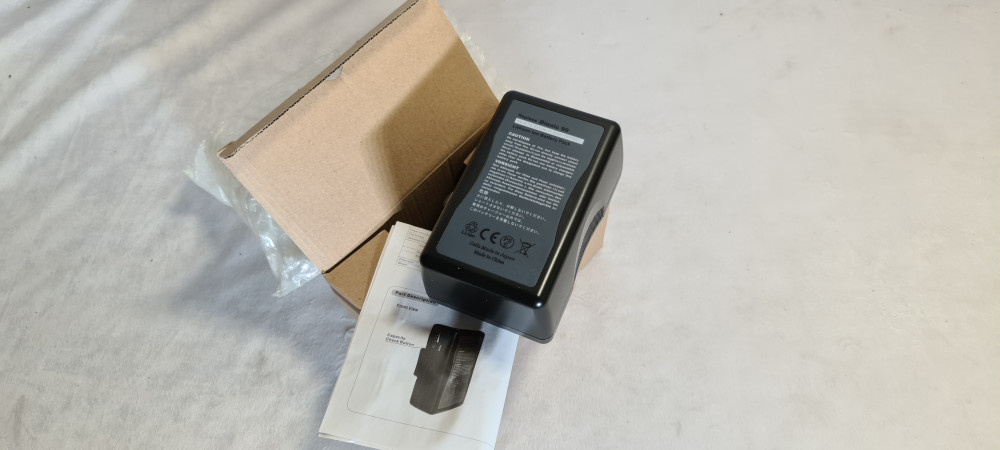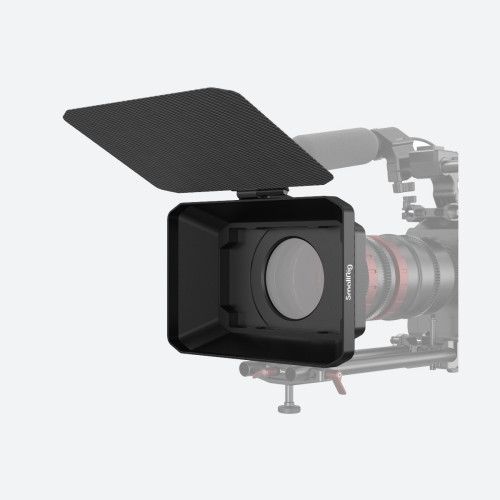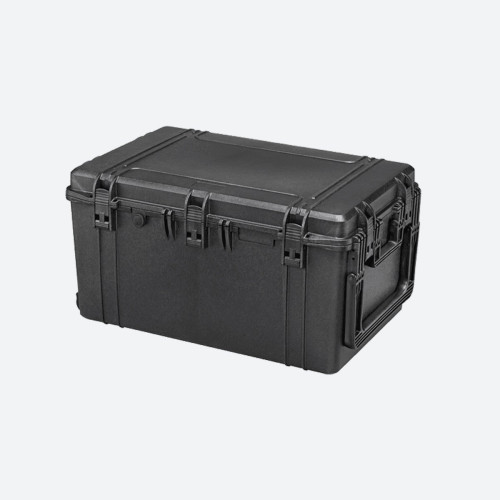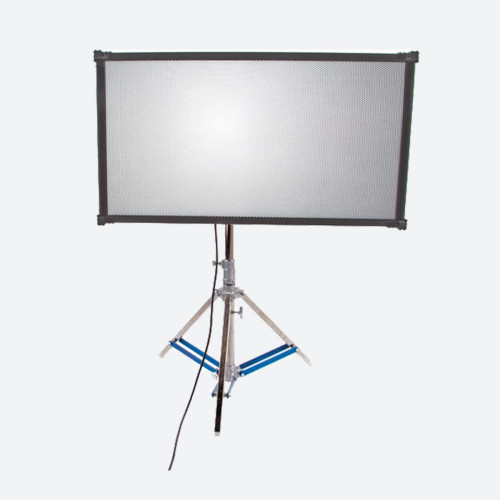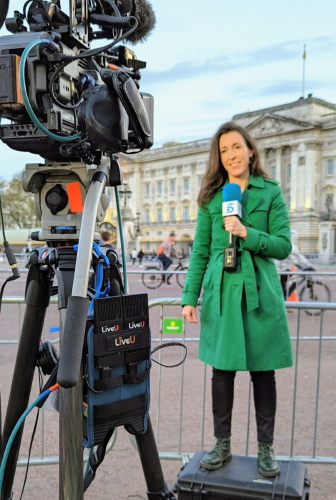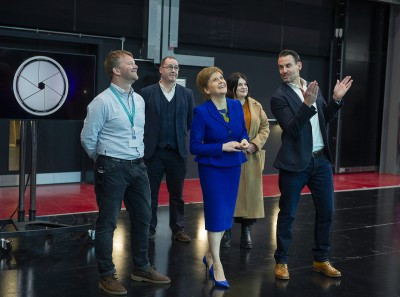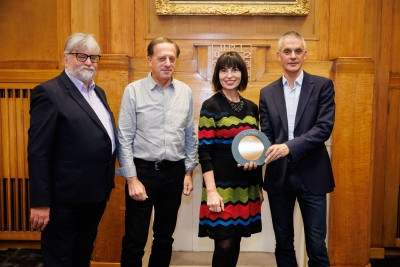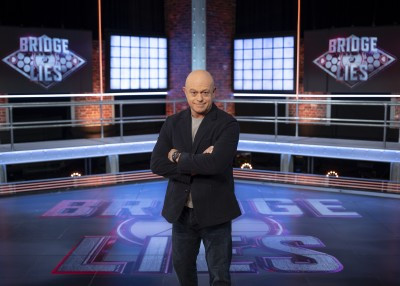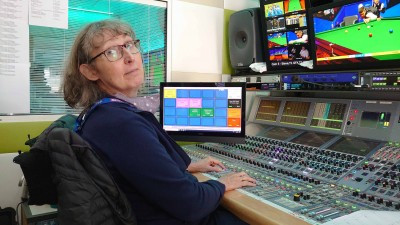by John Barlow Issue 89 - May 2014
Jamaica Inn just happens to be the latest example of a mainstream TV drama production being broadcast with inaudible dialogue. The reasons vary from production to production but the end result is always an enormous waste of both acting and technical talent along with immense swathes of production budgets. Was it always like this? In terms of skilled production staff we are living off of the trained talent from the past and not training sufficient entrants with appropriate skills.
A similar high prestige flagship programme produced by the BBC 25 years ago would have technical excellence as a given. Think back to the glory days of BBC Television Film and Television services. Every word clear but expressed with appropriate perspective and tone; Music and Sound effects subtle or dominant depending on need. In short well trained professionals with years of experience practising their craft and delivering excellence.
Today, although there are exceptions to the rule, it seems that with the plummeting costs of equipment some Producers will accept matching technical standards. Boom Operators used to ensure that live sound was captured correctly; today Producers will gladly accept, indeed encourage, a Radio Microphone hidden somewhere within an actors costume: saves time, no shadows, no Sound Assistant and no good! Errors, if recognised, are accepted on cost grounds and defended as style. Sound Pros wince as the Piper pays the tune. But it begs the question: Is the Industry training its future operational staff to the highest standard or the lowest acceptable level?
The Institute for Training in Television Production, ITTP, is making representations throughout the Film and TV industry that, with many fully trained operators now retiring, it is becoming increasingly difficult to recruit staff of an appropriate standard. HRH Prince Charles in his recent lecture to the Royal Television Society warned, There are too few designers, mixers, editors, costume supervisors, camera and boom operators and digital imaging technicians. HRH also spelt out that If we dont plan to meet these future demands now, we will be ill serving our television industry and minimising the employment opportunities for thousands of people.
At an entry level there is no shortage of hopefuls with media degrees to their names; but are they employable? Creative Skillset claims that out of 2,160 graduates who recently entered the TV industry, only 345 are employed in craft and technical roles just 16%. Universities and Colleges may be producing well educated graduates but do they understand how much load a domestic 13 Amp socket can safely deliver?
Freelancers do not generally have the resources to employ junior staff on apprenticeships. The concept of Trainee is disappearing but this is what is needed. Could it be that the advent of Local TV might help? Over the next few years there will be an expanding number of LTV stations. Now is the time to establish employment opportunities in this sector for junior staff working on short term contracts that are, in craft terms, overseen by the medias Professional Bodies. Why not introduce a Licensing system (similar to Accountants, Lawyers etc.) that give status to new entrants reaching required standards?
ITTP has been established as an independent, not for profit organization that works outside of government to provide professional unbiased and authoritative advice to help educational institutions deliver skilled professionals, who are ready to produce high quality TV programmes. It believes that the numerous Professional Bodies, representing all Crafts and Skills, needs to set standards for those wishing to enter the media at a professional level. Already, with the most welcome help from TV-Bay, a conference held at Pinewood Studios and attracting 200+ from across the media, has endorsed the Institutes objective to be the bridge between training and industry.
The Institute is working with Colleges and Universities to ensure that training levels within syllabuses are recognised by Industry Professional Bodies and those modules and/or complete courses are accredited in a meaningful way. ITTP recognises that there exists so much potential talent, not just among graduates but within areas of deprivation, that given the right direction our future BAFTA and OSCAR winners will be nurtured to success.




